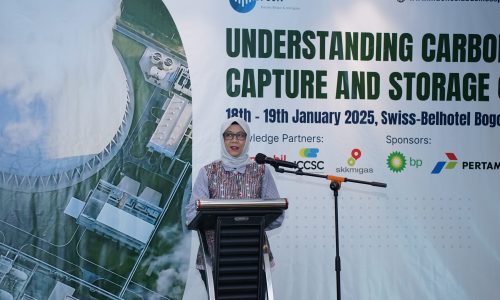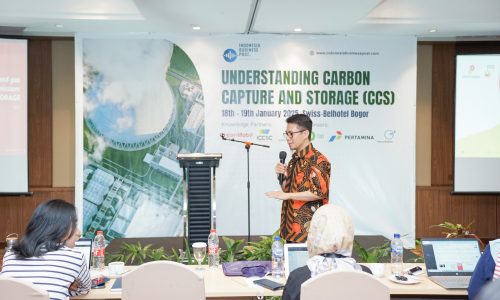The official establishment of the Comprehensive Investment and Policy Plan (CIPP) within the Just Energy Transition Partnership (JETP) marked a significant milestone on Tuesday, November 21, 2023, as the Indonesian government collaborated with the International Partners Group (IPG).
This collaboration involves advanced nations such as the United States, Japan, Denmark, the United Kingdom, Italy, Germany, Canada, Norway, France, and the European Union.
Minister of Energy and Mineral Resources Arifin Tasrif, speaking at the launch of CIPP JETP in Jakarta, emphasized the importance of translating the jointly agreed commitments into action to achieve an ambitious and equitable energy transition for Indonesia.
Arifin clarified that the approval of CIPP is a pivotal step for Indonesia in aligning with the commitments outlined in the Enhanced Nationally Determined Contribution (ENDC) target and the nation’s objective of achieving net-zero emissions by 2060 or earlier.
Funding details of the JETP
The funding commitment, initially set at US$ 20 billion according to the joint statement, has now been augmented, totaling US$ 21.6 billion or approximately IDR 333.05 trillion (at an assumed exchange rate of IDR 15,419 per US$).
This includes US$11.6 billion from the public funds of IPG countries, with the remaining US$10 billion sourced from international banks affiliated with the Glasgow Financial Alliance for Net Zero (GFANZ) working group.
The finalization of decarbonization scenarios, priority project lists, and financing mechanisms, as outlined in the CIPP document, reflects JETP’s commitment to supporting Indonesia’s energy transition.
Net-zero emission roadmap
Arifin Tasrif mentioned that his ministry has developed a roadmap for achieving net-zero emissions in the energy sector, providing a foundation for the energy transition until 2060.
The targets set by JETP are perceived as more ambitious and elevated compared to those in the National Electricity General Plan (RUKN) and the Net Zero Emission (NZE) roadmap for the energy sector.
Arifin emphasized that these JETP targets are conditional and require technical cooperation and funding from all parties for realization.
The collaboration with JETP is expected to stimulate larger investments and support, with a particular focus on foundational aspects of the energy transition, especially the development and reinforcement of the transmission network. Arifin emphasized the significance of transmission in facilitating the transition.
Furthermore, technical cooperation and funding are deemed imperative to expedite the implementation of priority projects identified in the CIPP document across all investment areas.
The CIPP document outlines decarbonization scenarios, establishing conditional targets for greenhouse gas emissions in the on-grid electricity sector at 250 million tons of CO2 with a renewable energy share of 44% by 2030. Additionally, the JETP roadmap aims to achieve net-zero emissions for the electricity sector by 2050, a decade earlier than the roadmap prepared by the Indonesian government. CIPP 2023 will primarily focus on the on-grid electricity system, with a more detailed analysis planned for the off-grid electricity system to align with Indonesia’s aspirations for industrialization and downstream development.









